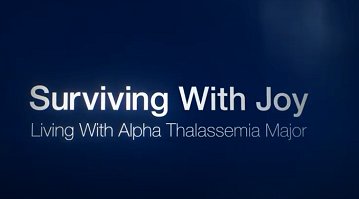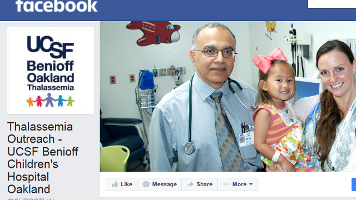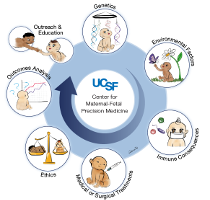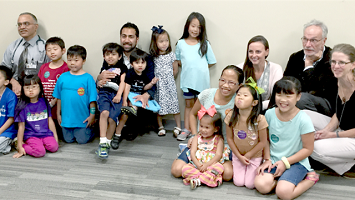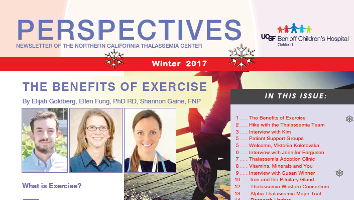Immunization in Children and Adults who have Thalassemia
Optimal immunization is critical for all patients with thalassemia, especially transfused patients and individuals who have been splenectomized. Prior to splenectomy patients should receive the meningococcal conjugate vaccine and should be up to date for Hib and pneumococcal vaccines.
Routine pediatric immunizations should be current and vaccination records should be checked annually. Beginning at two months of age, patients should be given 7-valent conjugate pneumococcal vaccine as recommended. A booster with 23-valent vaccine should be administered at 24 months. Pnuemovax boosters should be considered every five to ten years. Check the pneumococcal titers following immunization. Severe local reactions can indicate high titer.
Patients need to be immunized against hepatitis A and B, especially patients on chronic transfusions. Annual monitoring of titers and booster immunizations, when indicated, will ensure patients are well protected. Individuals who are HIV positive or undergoing treatment for hepatitis C should not receive live virus vaccines. An annual influenza vaccination and annual PPD should also be administered. Particular attention should be given to the H1N1 virus, as this pathogen may cause more severe symptoms in patients with thalassemia.
HIV Infected Children
Children who are immune suppressed with HIV viral infection should not receive live virus vaccines: Measles, Mumps, Rubella; Oral Polio Vaccine; Varicella Vaccine. Nor should their siblings receive these vaccines without medical management to prevent infection of the immunosuppressed child.
Recommendations for children infected with the human immunodeficiency virus (HIV):
- All routine inactivated vaccines (IPV, Hib, Hepatitis B, and DTaP) are recommended for all children.
- Children who are six months or older receive the influenza vaccine (split dose with booster during the first season).
- Children who are two years old or older receive pneumococcal vaccine.
- The MMR vaccine is recommended only for children infected with HIV who are not severely immune compromised.
- Live virus vaccines are contraindicated in all children who are infected with HIV with the above exception.
Children Receiving Intravenous Gamma Globulin
Children who are receiving intravenous gamma globulin (IVIG) have the possibility that live virus vaccines will be inactivated or that they will not develop immunity.
Children After Bone Marrow Transplantation
Centers performing bone marrow transplantation each have their own preferred schedule for reimmunization of their patients. These schedules should be followed. After immunocompentence is documented and all other immunizations are complete these children should receive the influenza vaccination annually.
Other Vaccines
New vaccines are being developed and will be available periodically. The Rotavirus Vaccine has recently been released and is not specifically indicated for children who have thalassemia. The meningococcal vaccine is available, but is not generally recommended in most references. It would be indicated for splenectomized children and adults. This vaccine is not thought to be optimal and is not routinely administered at this center.

